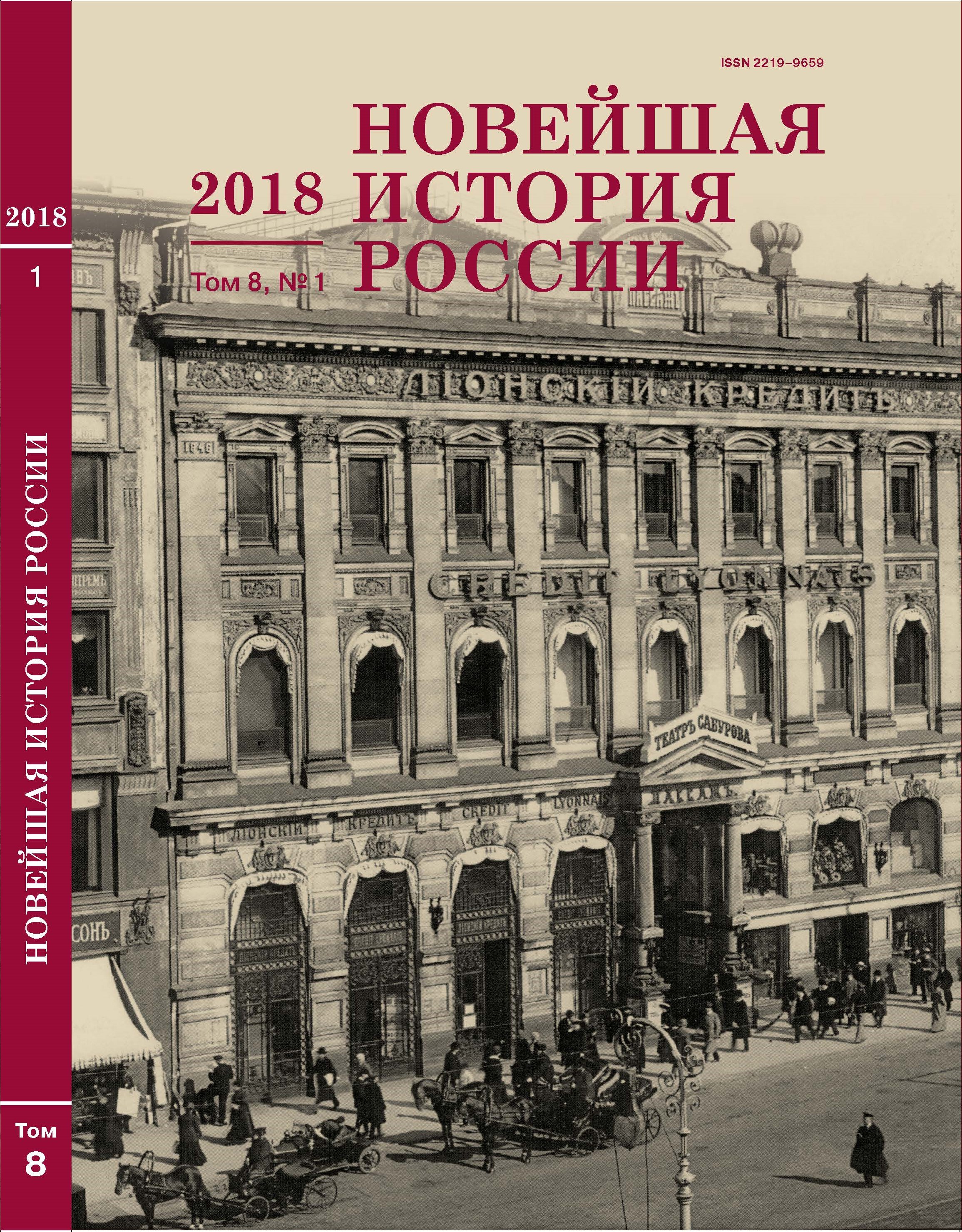«Призрак безработицы»: проблема трудоустройства шахтеров и членов их семей в угледобывающих районах РСФСР в конце 1950-х — начале 1970-х гг.
“The Unemployment Ghost”: A problem of Miners’ and Their Family Mem- bers’ Employment in Coal-mining Regions of the RSFSR at the End of the 1950s and the Be- ginning of the 1970s
Author(s): S. A. BakanovSubject(s): Economic history, Social history, Post-War period (1950 - 1989)
Published by: Издательство Исторического факультета СПбГУ
Keywords: history of coal-mining industry; miners; unemployment; USSR; employment difficulties; Soviet economy in the 1950–1970s
Summary/Abstract: The elimination of unemployment in the USSR was considered as one of the most important accom- plishments of the socialist development model and its undoubted advantage over capitalist countries. Neverthe- less, in the second half of the 20th century unemployment was yet present in the Soviet economic realities though it had an ideologically harmonious name “employment diffi Evidence is presented from the papers from the federal archives which have not been published before. The most diffi unemployment situation was in the old industrial coal-mining regions: in the Donbass, in the Moscow-area coal basin and in the Urals at the end of the 1950s and the beginning of the 1970s. In this period the coal-mining industry had diffi in profi y and social problems because of structural shifts in the economy which caused changes in the fuel and energetic balance of the USSR. The women, teenagers and silicosis sick lost their job on mines which caused employ- ment competition in coal-mining-dominant cities at the end of the 1950-s. Shutting down scores of mines caused unemployment problems for tens of thousands of people in old industrial coal-mining regions. Unemployment here had a cellular nature; it hit coal-mining towns. Unemployment demonstrated the labor market tightness in industrial cities. Major enterprises in such towns consumed up to 90 % of all industrial funds and staff which meant that a jobless employee had no chance to get a new job in the same town. The government evolved a strategy to overcome these unfavorable conditions. But due to the coal-mining specifi character, the strategy wasn’t effec- tive enough and it only caused conservation of social problems in the coal-mining regions.
Journal: Новейшая история России
- Issue Year: 8/2018
- Issue No: 22
- Page Range: 195-207
- Page Count: 13
- Language: Russian

